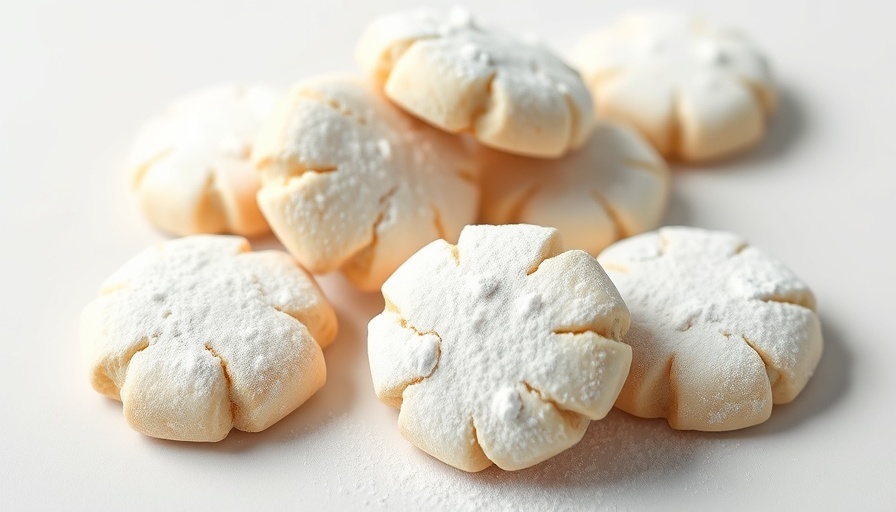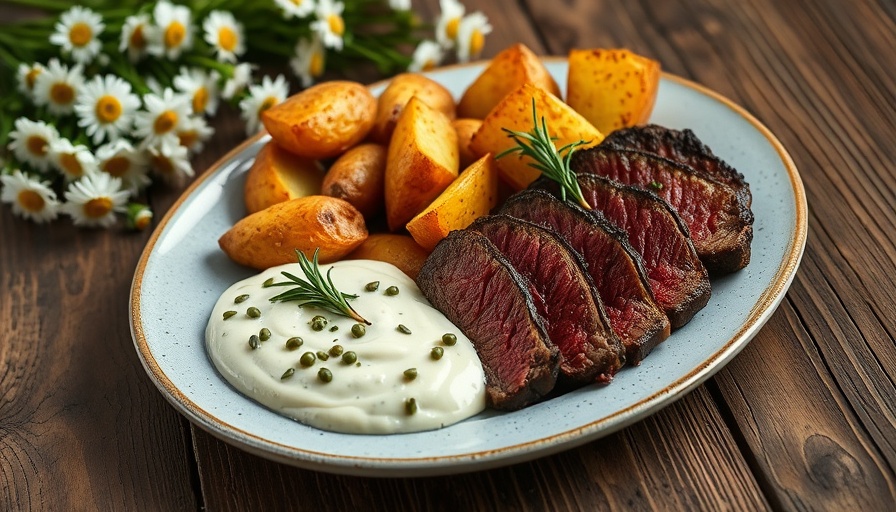
Understanding Bloating: A Common Concern
Bloating can be more than just a passing discomfort; for many, it’s an ongoing struggle that interferes with daily life. Often described as an uncomfortable sensation of fullness in the abdomen, one in seven people face bloating at least once a week, with women being particularly susceptible. Various factors contribute to this phenomenon, including diet, lifestyle, and underlying digestive issues. Thankfully, natural remedies offer promising avenues for relief.
Common Trigger Foods: What to Watch Out For
Identifying and limiting trigger foods is crucial. While every individual reacts differently, some common culprits include:
- Beans and legumes: Known for their fiber content but can lead to gas.
- Dairy products: Particularly for those who are lactose intolerant, dairy can provoke discomfort.
- Sugar-free gum and candy: These often contain artificial sweeteners that can bloat.
- Fruits high in fructose: Apples and bananas, while healthy, may cause issues for some.
- Cruciferous vegetables: Broccoli and cauliflower can create gas due to their fiber content.
- Carbonated drinks: Sodas and beer introduce air into the digestive system, increasing bloating.
- Gluten products: For those with sensitivities, wheat can be a source of discomfort.
The Food Diary: A Personal Perspective
If you're uncertain about what foods trigger your symptoms, maintaining a food diary can be a valuable tool. Start by recording everything you eat and drink, noting any feelings of discomfort you experience afterward. This practice not only helps pinpoint problematic foods but also encourages mindful eating behaviors. For instance, if you notice discomfort after pasta, you can explore alternatives that suit your digestive needs better.
Exploring the Low-FODMAP Diet
If your bloating is chronic and linked to conditions like irritable bowel syndrome (IBS), consider trying a low-FODMAP diet. This dietary approach focuses on reducing fermentable oligosaccharides, disaccharides, monosaccharides, and polyols—types of carbohydrates that can be poorly absorbed. Research indicates that many individuals with IBS find symptom relief on this diet. Consult with a healthcare provider or nutritionist to ensure it’s appropriate for you.
Mindful Eating: A Simple Shift with Big Effects
In our fast-paced lives, it’s easy to overlook the importance of how we eat. Practicing mindful eating can significantly alleviate bloating. Take time to sit during meals, chew slowly, and minimize distractions such as screens or multitasking. This deliberate approach not only enhances digestion but also improves your overall eating experience.
The Benefits of Regular Exercise
Incorporating regular physical activity into your routine can work wonders for digestion. Even a brief 10- to 15-minute walk after meals can alleviate bloating symptoms and promote energy levels. Aim for at least 150 minutes of balanced exercise weekly, whether it’s brisk walking, yoga, or cycling. The key is to find activities you enjoy, making it easier to stick with a routine that supports your digestive health.
Additional Natural Remedies for Bloating
Besides dietary changes and exercise, consider integrating the following remedies into your routine:
- Herbal teas: Peppermint or ginger tea can soothe digestive discomfort.
- Probiotics: These beneficial bacteria can improve gut health and reduce bloating.
- Warm compress: Applied to the abdomen, it can relieve discomfort.
Final Thoughts: Empowering Your Health Journey
Navigating bloating requires understanding what your body needs and adapting your lifestyle accordingly. By recognizing triggers and embracing remedies that promote digestive health, you can empower yourself to feel better. If bloating persists, consult with a healthcare provider to rule out any underlying conditions.
Ready to take control of your health? Start by making mindful dietary choices, exploring exercise options, and staying engaged in your wellness journey. Discover the best remedies that fit your life.
 Add Row
Add Row  Add
Add 




 Add Row
Add Row  Add
Add 

Write A Comment